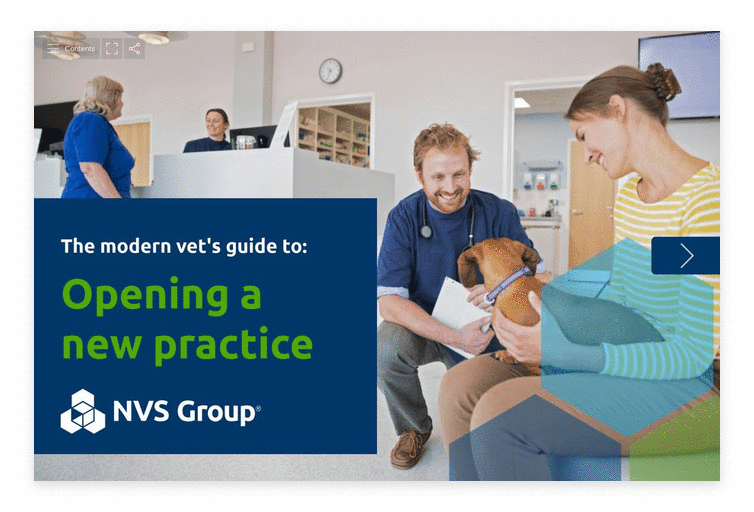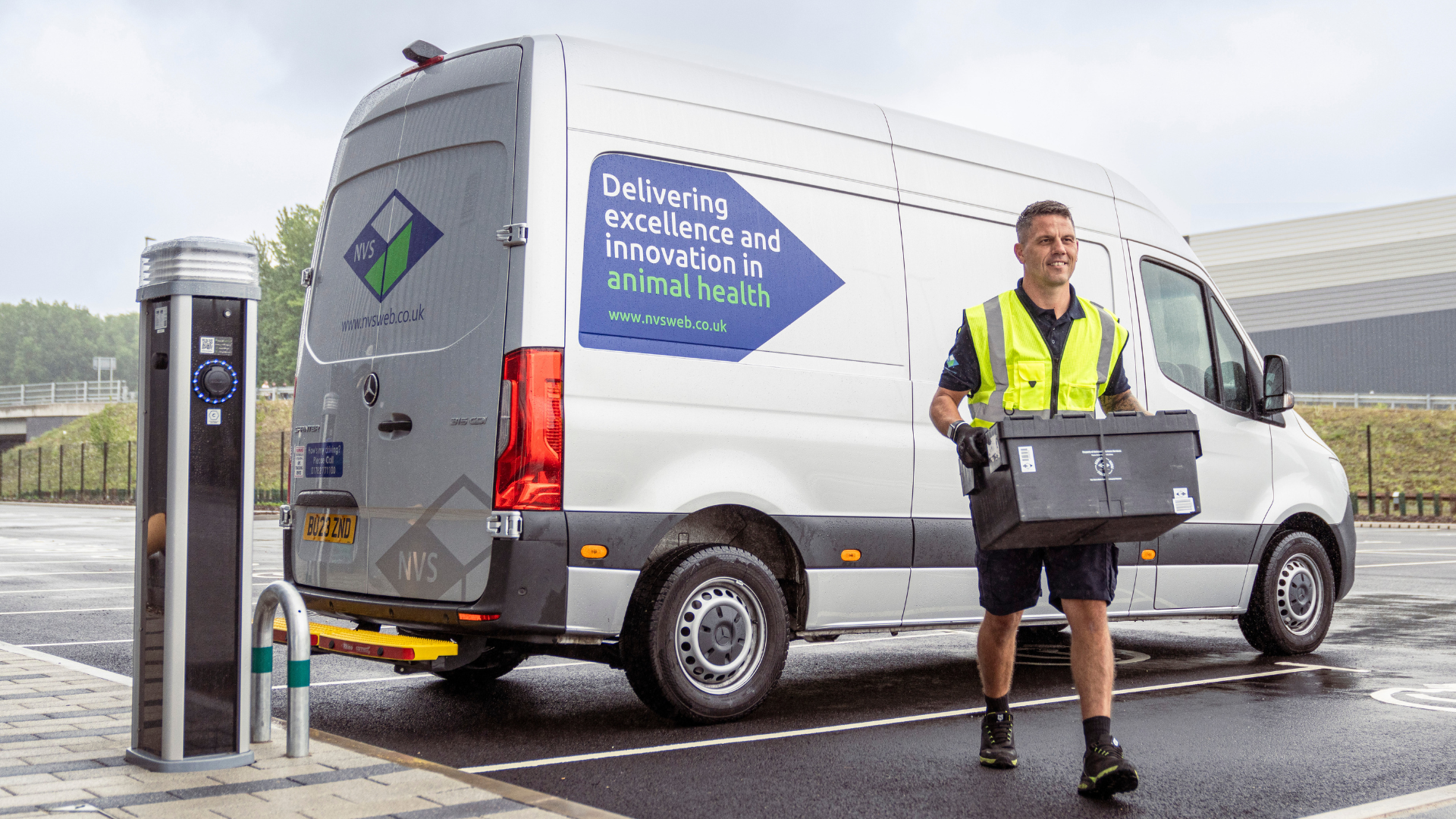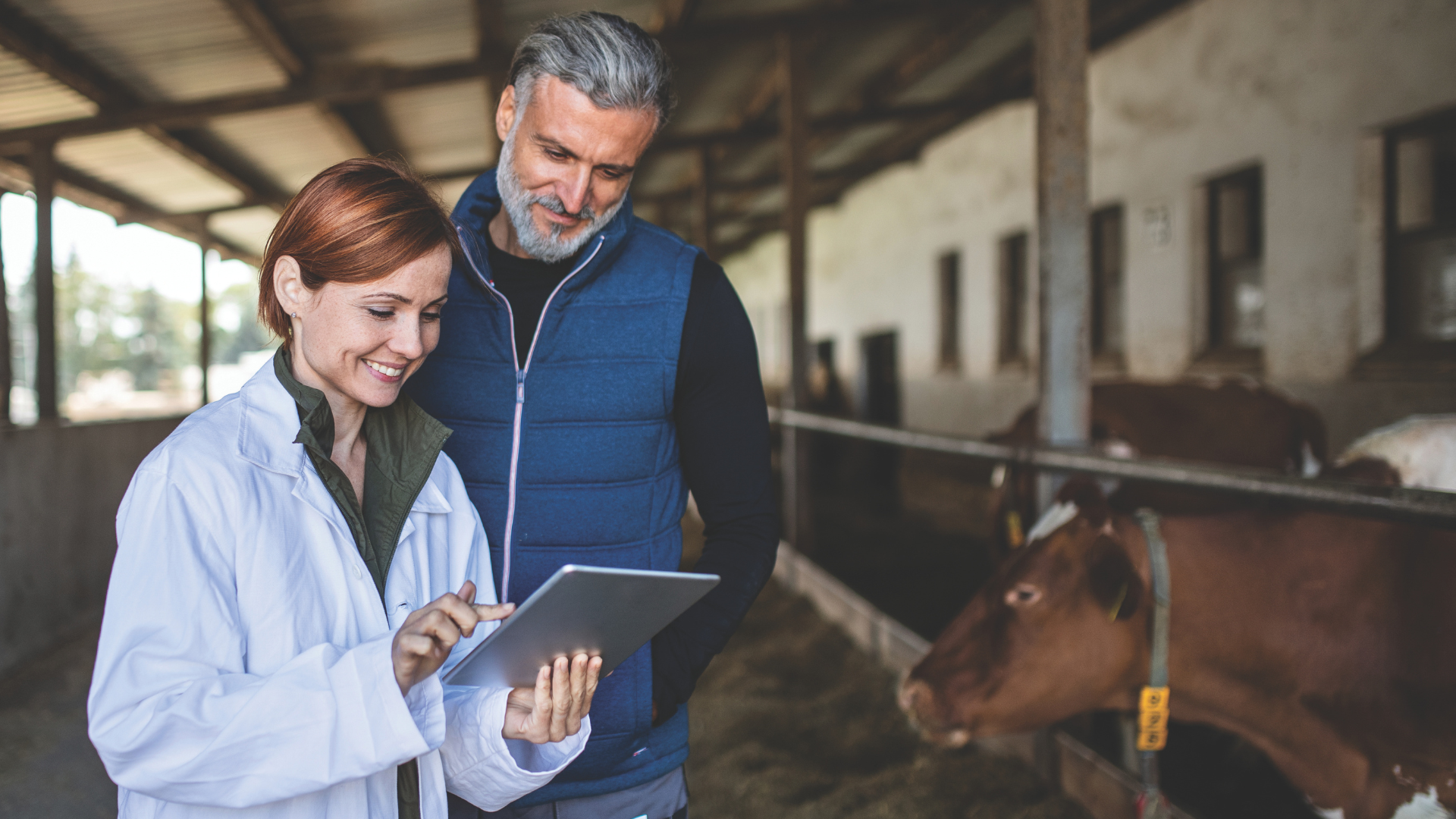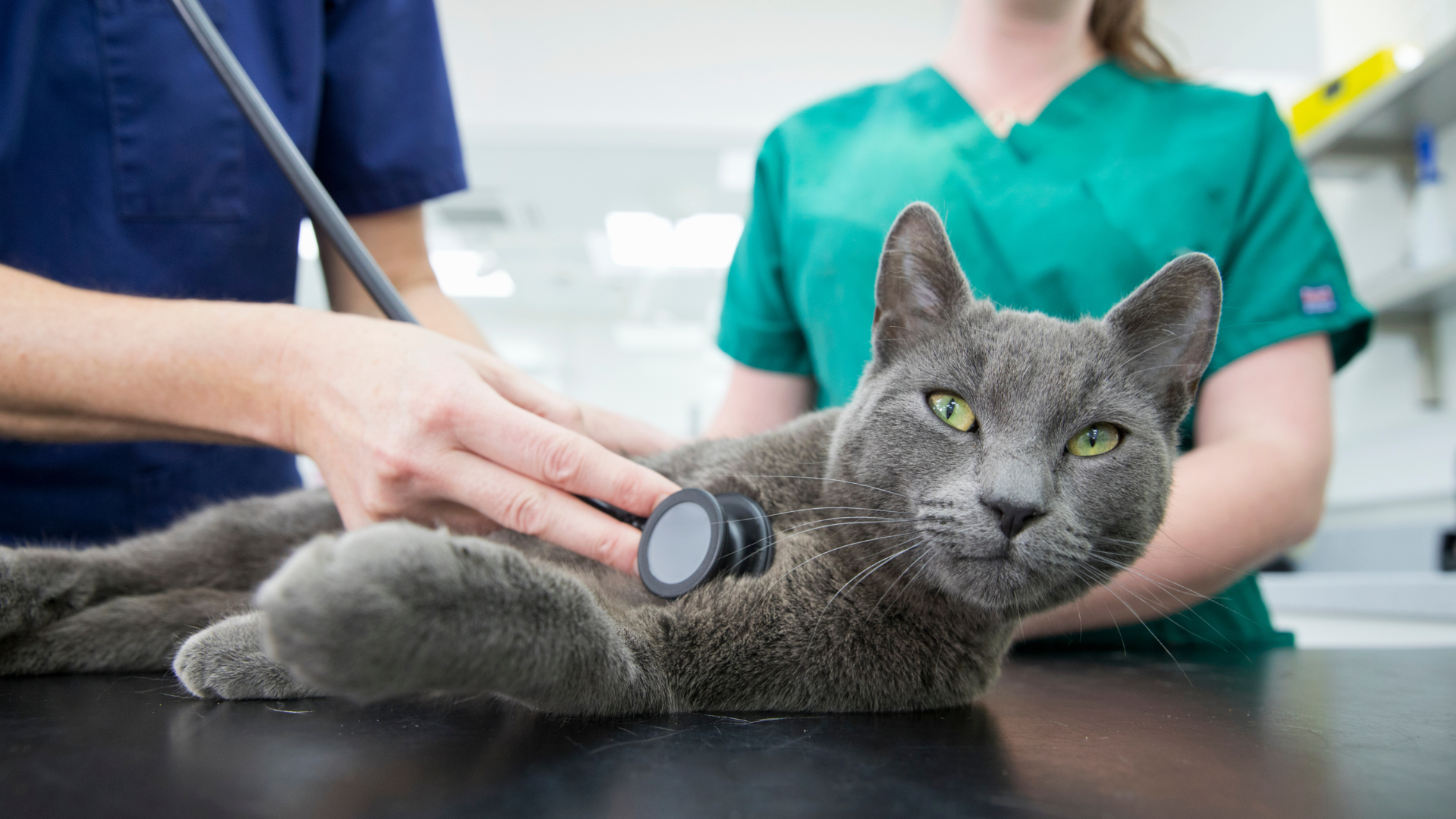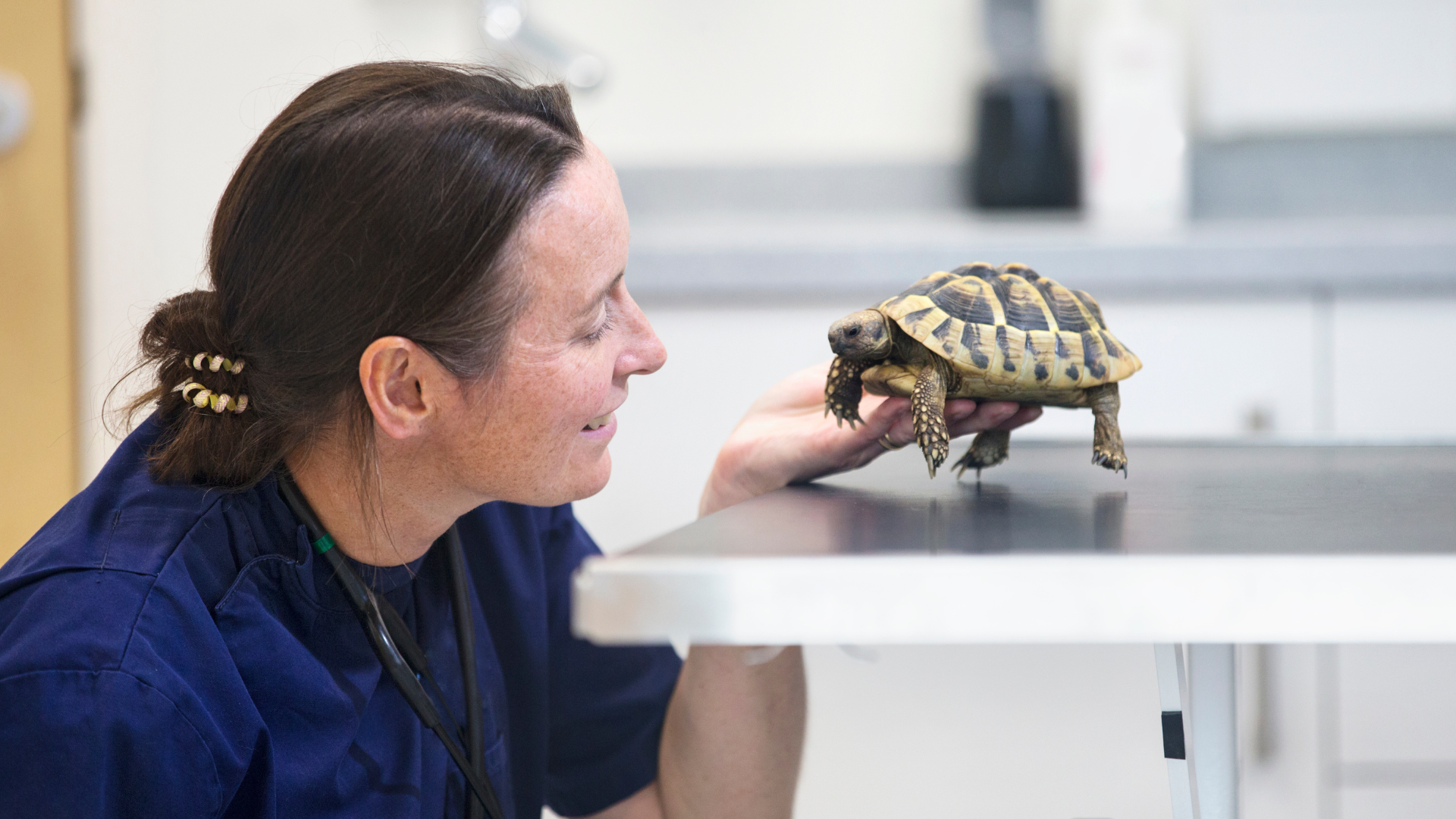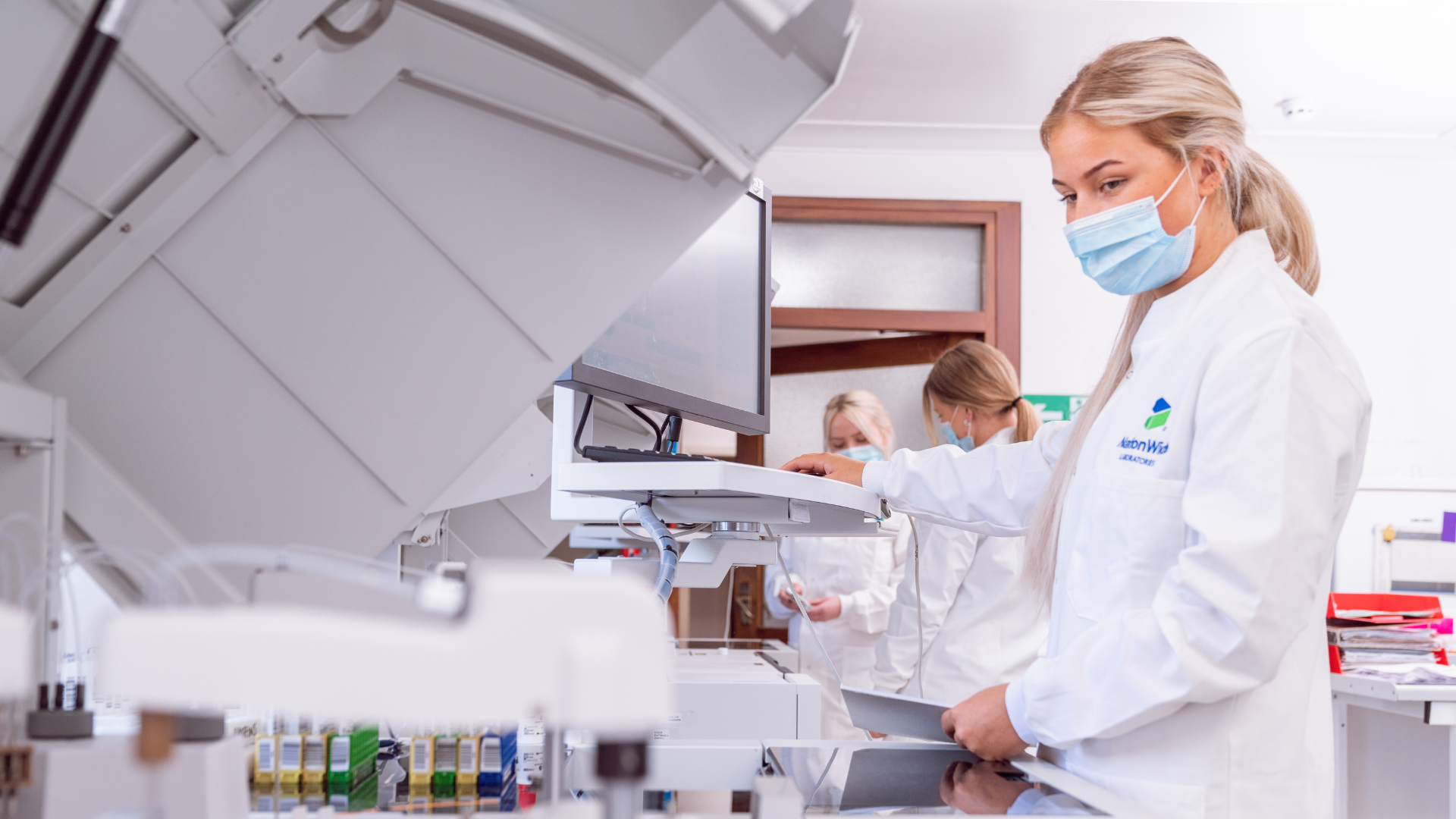
Most veterinary practices employ a combination of in-house diagnostics and external laboratory tests to offer the best possible service to their clients. In addition to lab tests like biochemistry, haematology and microbiology, you’ll also need to consider other diagnostics like ultrasonography, radiography or even endoscopy and CT.
In-house laboratory services
Most veterinary practices offer at least some in-house laboratory services. You’ll need to allocate a convenient space for this and ensure you have room for the requisite machines and supplies. Things you’re likely to need include:
- A biochemistry machine
- A haematology machine
- A centrifuge
- A high-quality microscope
- Stains, usually including Diff-Quik
You’ll also need to order a thorough assortment of general laboratory supplies, including slides, blood tubes (compatible with your machines), reagents, capillary tubes, distilled water (or a machine to produce it), urinalysis supplies and more. You may also want to stock point-of-care SNAP tests or an EPOC machine to assist with urgent cases.
In addition to purchasing these items, you’ll need to ensure your staff are trained in their use and that they’re regularly serviced and calibrated. Suppliers of lab machines typically offer quality control samples and assurance schemes for this purpose.
External laboratory services
While in-house diagnostics are incredibly valuable, they can’t rival the range of tests available from external providers. When choosing a provider for external lab services, there are a number of considerations that you should take into account before making your decision:
Comprehensive services
Search for a laboratory that offers a comprehensive suite of tests, including routine analyses and specialised diagnostics and ensure that it aligns with your requirements. An expansive service offering will save you time and effort, as you won’t need to engage multiple laboratories for different testing needs.
Location, turnaround time and convenience
Consider the proximity of the laboratory to your practice, or how easy it is to transport samples to the laboratory, as quick and efficient logistics are vital for maintaining sample integrity. A laboratory with a reputation for timely reporting can ensure that you receive crucial diagnostic information promptly, allowing you to provide the best care possible to your patients. A laboratory that offers an online portal for tracking samples will make the process more straightforward and convenient to manage.
Accreditations and quality standards
Look for a laboratory with relevant accreditations from reputable bodies, such as United Kingdom Accreditation Service (UKAS) or ISO 17025. This ensures adherence to strict guidelines, quality assurance measures, and proficiency testing, guaranteeing the accuracy and reliability of results.
A personal service
A good laboratory will have a readily available, highly trained and of course friendly customer service team that can advise you on the availability of the laboratory to process your required testing and give you an accurate estimate of the timeframe for completion. What’s more, if you’re working on a complex case, the ability to pick up the phone and speak directly to a pathologist to discuss the case can be invaluable.
Cost and Value
Striking a balance between cost and quality is crucial. Look for transparent pricing models and inquire about any additional charges that may arise during the testing process. Consider the overall value the laboratory provides, including accuracy, reliability, and customer support.
Expertise and Recommendations
Review the expertise and qualifications of laboratory personnel and the laboratory’s commitment to ongoing education and professional development. Additionally, seek recommendations from colleagues, peers, or online reviews to understand the laboratory’s performance and customer satisfaction.
Once you’ve identified a lab provider, you can contact your local area manager to talk things through in more detail and help you set up the logistics of sample collection and processing.
Find out more in this blog post ‘What to Look for When Choosing an External Laboratory’ by the NationWide Laboratories team.
Read more….
For more comprehensive information and to ensure you cover all aspects necessary for a successful launch, we invite you to read our Modern Veterinarian’s Guide to Opening a New Practice. An invaluable tool crafted by industry experts, it provides you with essential insights, best practices, and practical tips to ensure your success.
